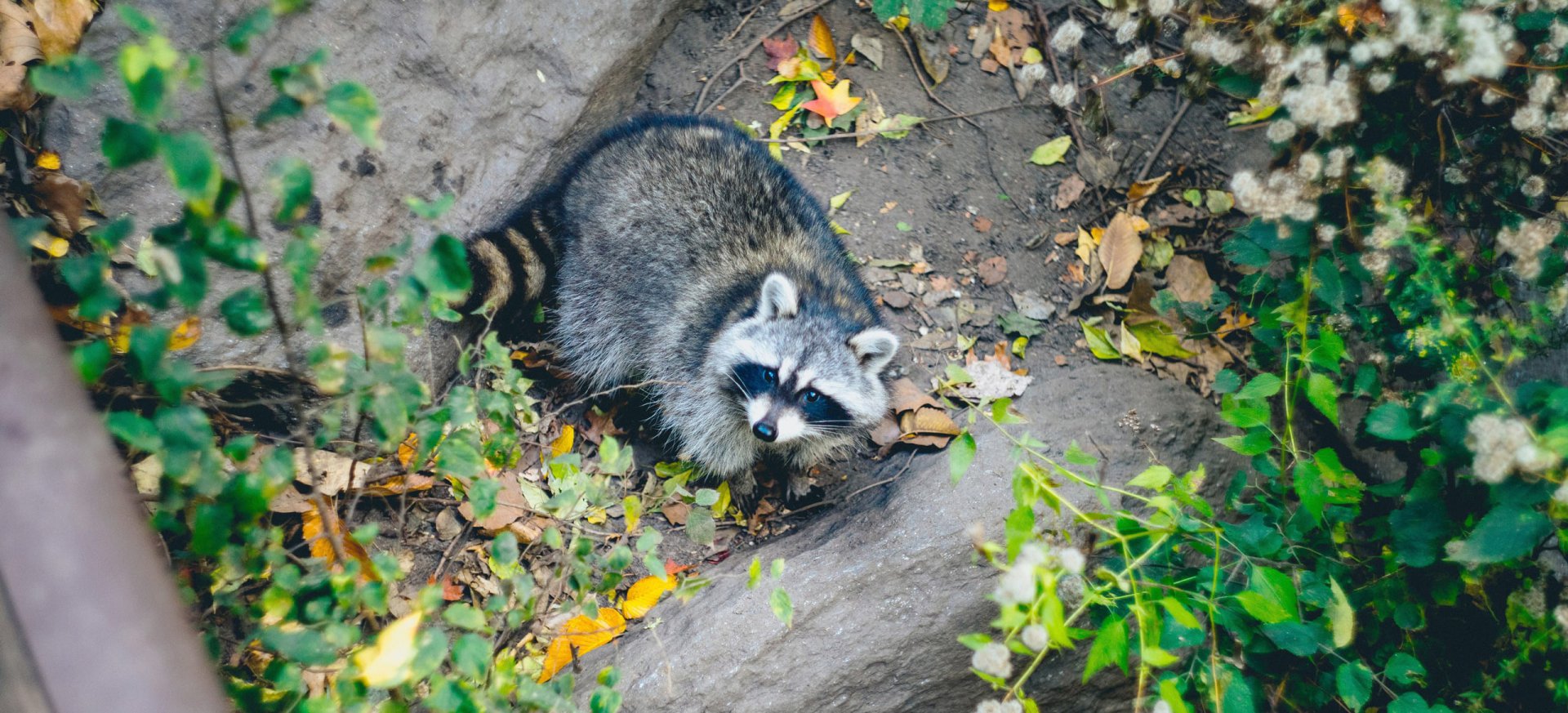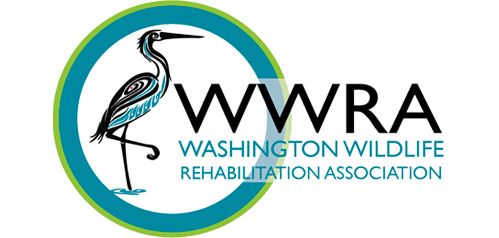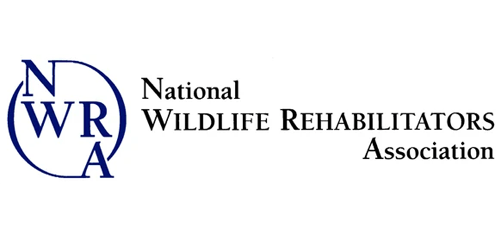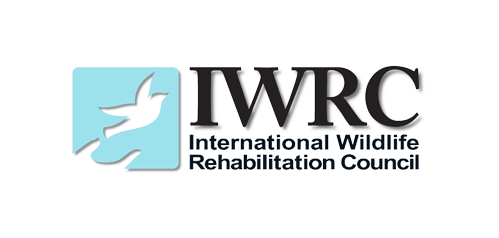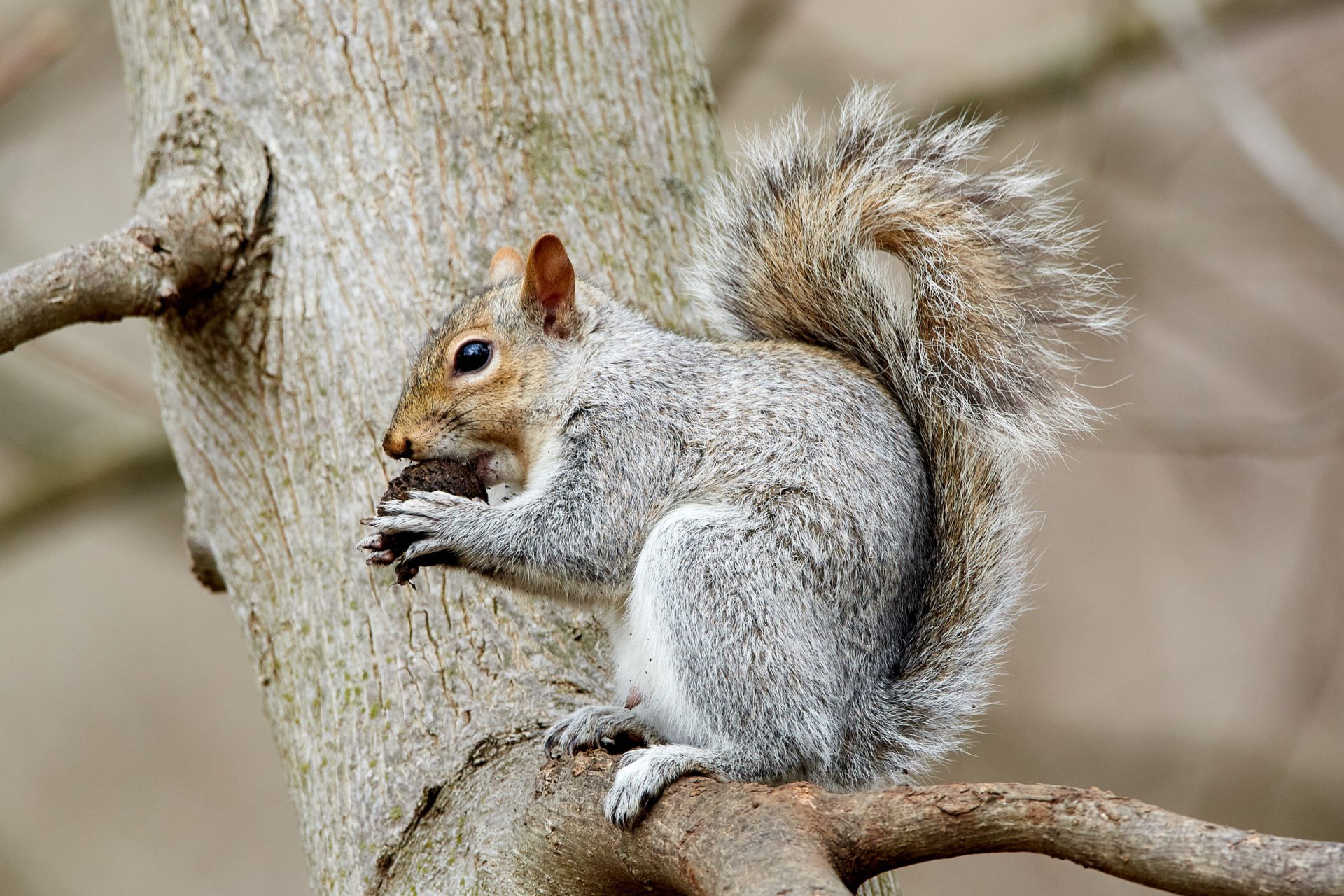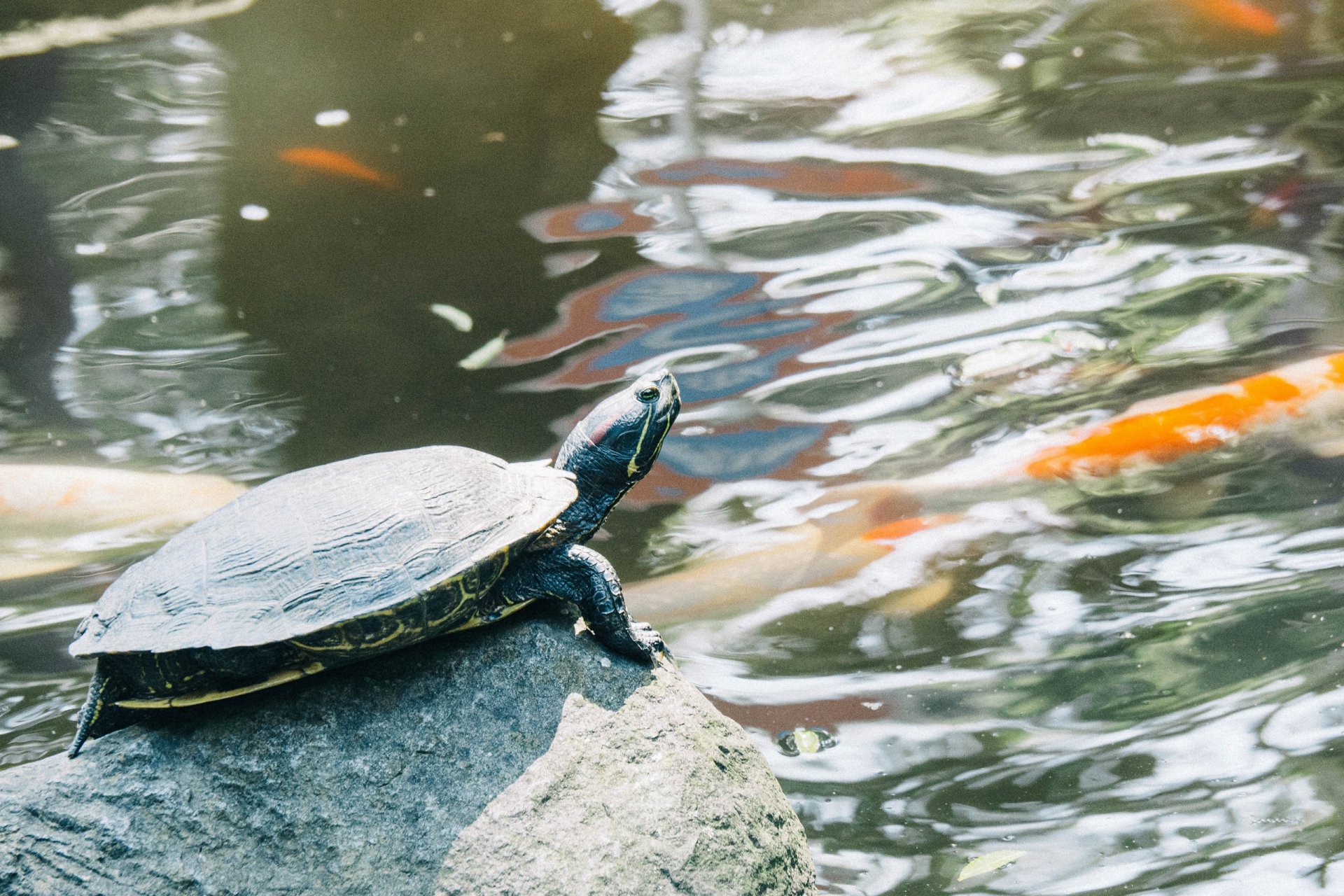We are a licensed wildlife rehabilitation facility for select injured and orphaned animals in the SW Washington area.
We are members of the following professional organizations:
WDFW Permit Number: WR-5-124

What To Do
If you have injured wildlife:
Our wildlife message line is 360-837-1926.
If you are searching for a Wildlife Rehab in your area:
Please visit the WDFW website and search by county.
You may also contact us via email at wildlife@oddmaninn.org.
If you think you need help with a wildlife situation, please first consider the following:
It is illegal to rehabilitate, capture, or keep a wild animal without the proper permit. Please immediately seek help from a local rehabber or the Department of Fish and Wildlife in your state.
Wildlife rehabilitation facilities are often run by a small group of volunteers who are not staffed to come out for assessment of animal situations or collect injured animals.
A large number of animals who are brought into rehab have actually been “kidnapped” from their parents. Please do not disturb young animals or nests without consulting a local rehabber. When in doubt, do not touch the animal.
More
Deer will bed their babies down and leave them to graze nearby
- If a baby is in the road uninjured, carefully move him to the grass off the road, and leave him for the mother.
- Mothers will not come back if humans are present
Rabbits leave their babies in shallow nests and come back infrequently to feed them.
- Rabbits are weaned at just 3-4 weeks old
- Rabbits are extremely fragile and often die from stress of capture
Raccoons move one baby at a time when changing dens. Please, give her time to finish her work before taking an “abandoned” baby
Unfeathered birds can be carefully placed back in nests; mother birds will not reject them because you’ve touched them.
Fledgling birds are often unsuccessful at first attempts to fly. Parents will feed them from the ground. You can help by keeping children and domestic pets away from the area while they practice.
If you determine the animal is in need of help (broken bone, dead mother nearby, or obvious injuries), please note:
Stress is the number one cause of death in wildlife rehab
- Stress is caused by unnecessary handling or exposure to unfamiliar sights, sounds and smells.
VERY carefully collect the animal using gloves and towel, if it is safe to do so.
Place the animal in an appropriate sized cardboard box or paper bag with adequate ventilation and a towel for warmth and traction. Try to create a space that is dark, quiet, and warm.
Contact your local rehabilitation facility or the Department of Fish and Wildlife immediately. Resources for certified rehabilitators can be found based on the state where the animal was found.


